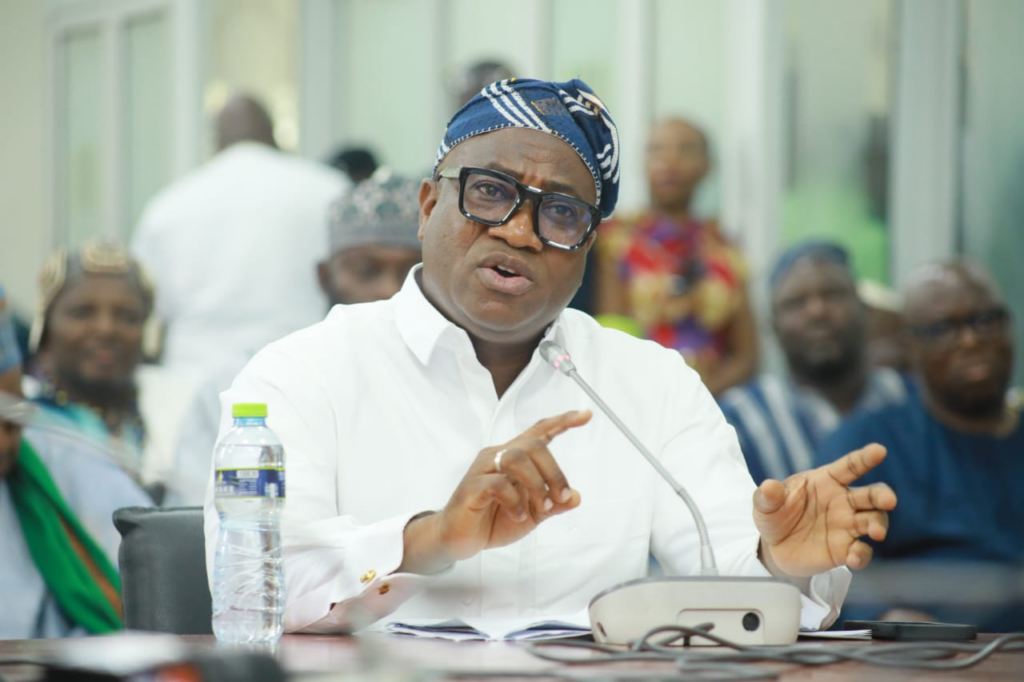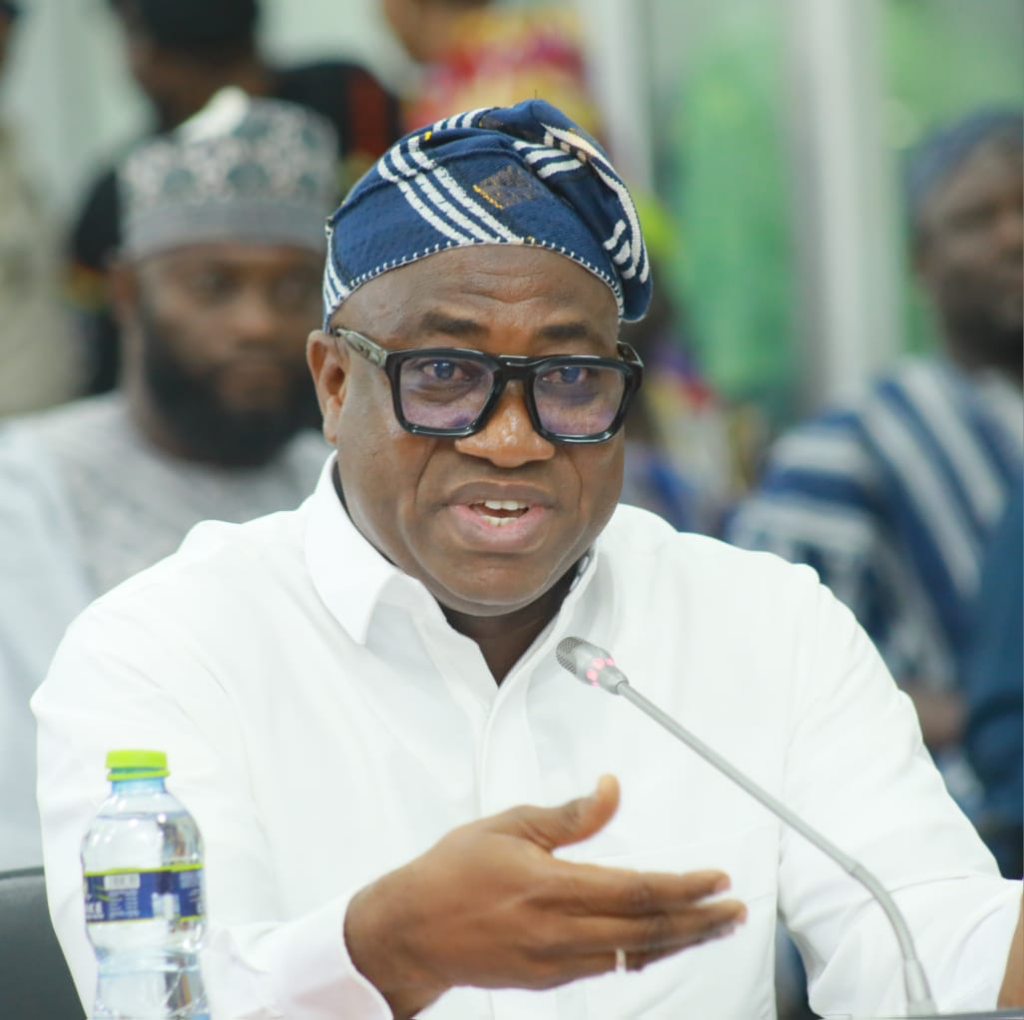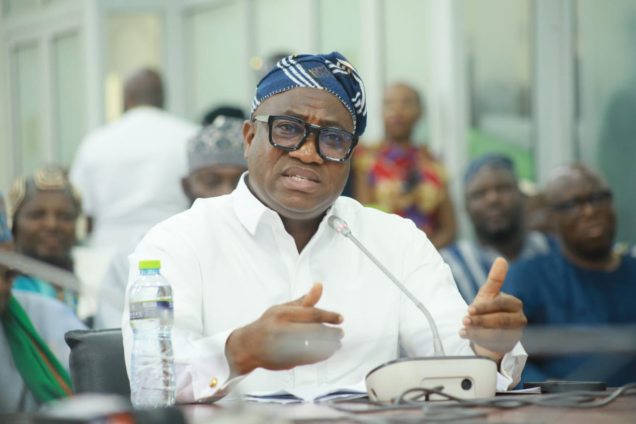
Audio By Carbonatix
Nominee for Minister of Environment, Science, Technology, and Innovation, Murtala Mohammed, has stated that he has no reservations about the consumption of genetically modified organisms (GMOs) as long as they are certified safe by the relevant authorities.
During his vetting on Thursday, January 30, the Okaikwei North MP, Patrick Boamah, questioned him on his stance regarding the ongoing GMO debate and whether the country should consider banning genetically modified foods.
In response, Murtala Mohammed stated that the food scarcity challenges faced by developing nations necessitate a balanced approach rather than outright prohibition.
“There is a debate about whether we should continue consuming GMOs, and I think that debate is also occasioned by food scarcity, particularly in many developing countries,” he noted.

“Some hold the view that we should ban GMOs, but the question we must ask is: If we ban GMOs, what will be the effect on us?”
The nominee stressed the importance of trusting the National Biosafety Authority (NBA) and the Biosafety Act, which regulate and assess the safety of genetically modified foods.
According to him, the NBA is well-equipped to evaluate GMO products and provide expert advice to the government through relevant ministries.
“I believe the Biosafety Act and the National Biosafety Authority are capable of determining the processes through which certain genetically modified organisms (GMOs) can be used in our domestic market,” he said.
“I have absolute confidence in the capacity of the NBA to assess and advise the government, whether through the Ministry of Agriculture, the Ministry of Health, or any relevant authority.”
For Murtala Mohammed, the key determinant in the GMO debate should be scientific certification rather than speculation or fear-mongering.
“As long as the National Biosafety Authority certifies that a particular food is healthy for consumption, I have no problem at all with that,” he reiterated.

His position aligns with a growing global consensus that GMOs can play a crucial role in addressing food security when properly regulated.
However, the debate remains contentious, with critics raising concerns about potential health risks and environmental implications.
As the country navigates its policy direction on GMOs, the nominee’s comments suggest a science-based approach, where regulatory institutions hold the authority to determine what is safe for public consumption.
Latest Stories
-
Middle East turmoil threatens to derail Ghana’s single-digit gains
17 minutes -
Free-scoring Semenyo takes burden off Haaland
17 minutes -
Explainer: Why did the US attack Iran?
25 minutes -
Peaky Blinders to The Bride!: 10 of the best films to watch in March
55 minutes -
Crude oil price crosses $91 as Strait of Hormuz blockade chokes 22% of global supply
1 hour -
Dr. Hilla Limann Technical University records 17% admission surge; launches region’s first cosmetology laboratory
2 hours -
Over 50 students hospitalised after horror crash ends sports tournament
3 hours -
Accra–Dubai flights cancelled as Middle East tensions deepen
3 hours -
See the areas that will be affected by ECG’s planned maintenance from March 1-5
4 hours -
Kane scores twice as Bayern beat rivals Dortmund
4 hours -
Lamine Yamal hits first hat-trick in Barcelona win
4 hours -
Iran says US and Israel strikes hit school killing 108
4 hours -
What we know so far: Supreme Leader Khamenei killed, Trump says, as Iran launches retaliatory strikes
5 hours -
Trump says Iran’s Supreme Leader Ali Khamenei dead after US-Israeli attacks
5 hours -
Ghana cautions nationals against non-essential travel to and from the Middle East as tensions escalate
7 hours

